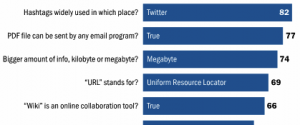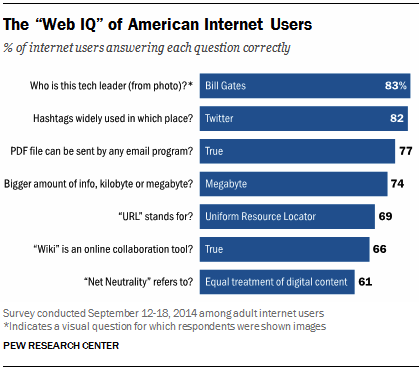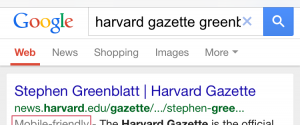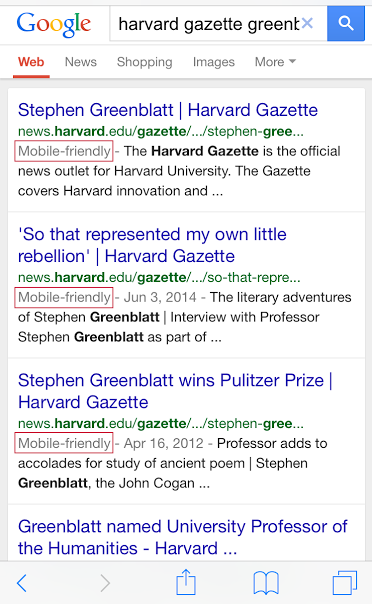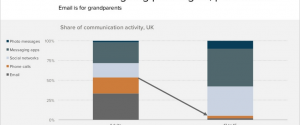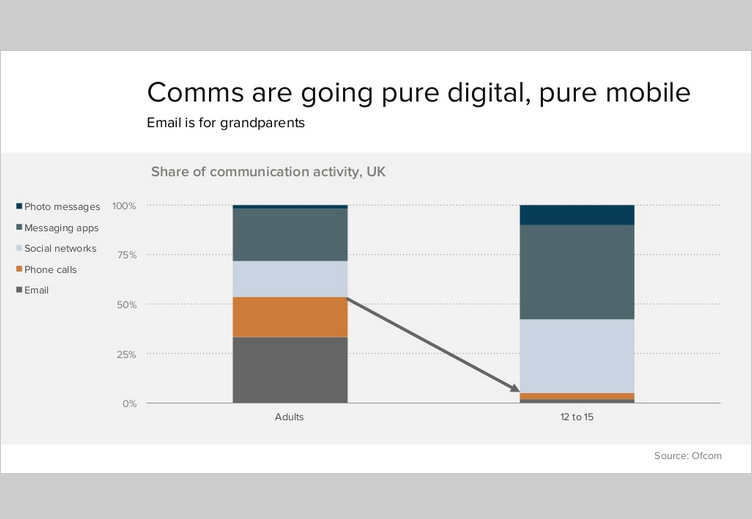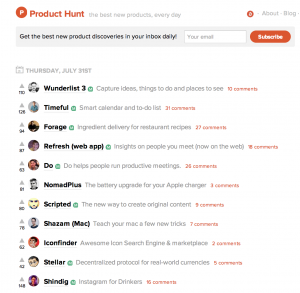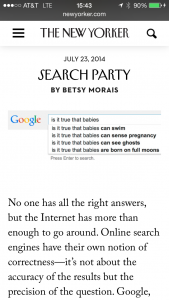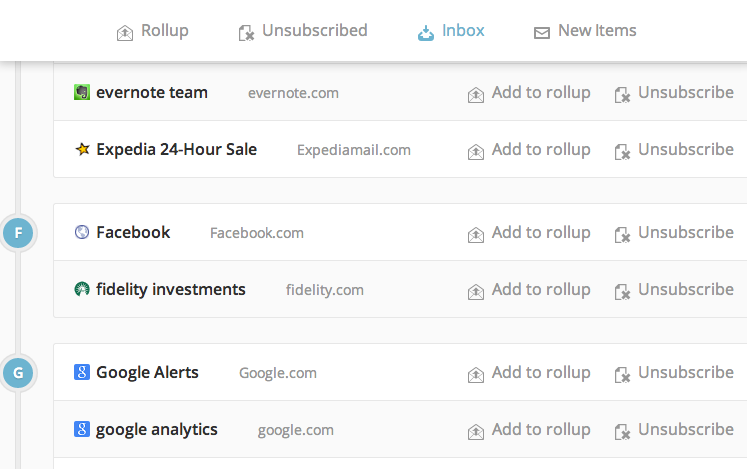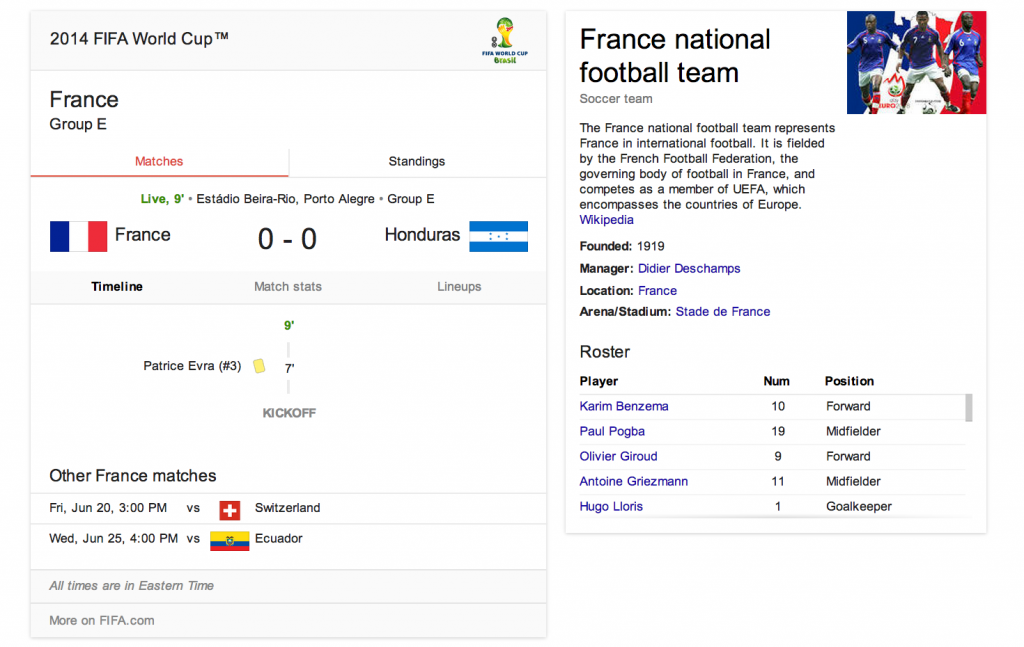- Technology surrounds us, but what do most internet users understand about it? A Pew survey on web and digital technology found that only 23% of adult users are aware that “the Internet” and “the World Wide Web” are not the same thing. And while 83% of those surveyed could correctly identify Bill Gates, fewer than half knew that Facebook started at Harvard. Take the quiz for yourself before you read the report.
- I enjoyed this post reframing strategy as less of a blueprint, which was better suited to a predictable analog world, but more of an algorithm (rule) that helps you manage for exceptions. As digital marketers operate in an ever-changing mix of channels, tools, and audiences, it’s essential to rely less on a plan and more on an agile approach that enables flexible, distributed decision-making.
- Twitter is launching a new feature called “app graph,” which tracks all of the apps a user has installed on their mobile device. The goal is to serve users more applicable suggestions for accounts to follow, and add relevant content (including better-targeted ads) to their feeds. Here’s how to disable it.
- Alex Breuer gave a thoughtful interview on responsive design at the Guardian. The interview provides insights on ways mobile can influence editorial, the evolution of prototyping, and why speed is considered an integral component of design.
- WhatsApp is emerging in some contexts as a major traffic driver for news sites — and the rise of messaging apps in the West ensures this trend will continue to grow. Site owners should start gathering data on messaging referrals, and evaluate when it’s time to add a button for WhatsApp sharing.
Weekend fun: Here are Richard Scarry’s Busy Town inhabitants cleverly re-imagined with modern-day professions, like “content aggregator” and “tech start up executive.” Beware the pathos casting of Lowly Worm.
